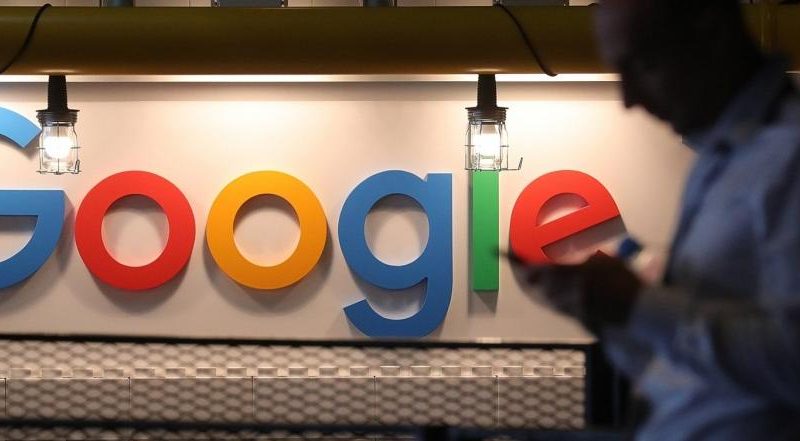Is it possible to imagine a world without Google? Your competitors have done it, many times. Imagine, they have imagined it. Microsoft launched Bing a little over a decade ago and did so with the intention of fighting the brutal pull of Google. It failed to steal market significantly, at least globally.
Google’s global market share right now, according to Statista figures , is an overwhelming 92.08%. Bing only has 2.7%. In a way, Google has integrated itself into our daily lives in an almost unquestionable way. In fact, doing a report trying to do without the services of Google and its search engine for a day, a week or as long as the journalist comes up with is almost like a classic of technological journalism. You just have to do a quick search – on Google, of course – and you can find some examples.
Google’s success was perhaps a matter of luck (its competitors then established and dominating the market did not believe that Internet users were interested in this type of access to content) but its survival and its long dominance in the world of the ephemeral that is internet have been linked to your user experience. Internet users started using Google and did not stop doing it because in the search engine it was easy to find what was needed, everything went very fast and the user experience has always been very good.
Google always knows what you want, or that is the impression it generates, and it always shows it to you quickly and efficiently. But are the ads compatible with that unique and great experience? Considering that Google has been operating successfully for two decades, you could say yes. Analysts, however, are not so clear that the future will be as simple as its past has been.
Google has been filled with advertising In recent years, Google has not stopped incorporating ads and more ads. The real relevant information is increasingly buried in advertising messages – which is what feeds the service – and that could end up frustrating users. If Google gets too crowded with ads, it will end up burning its users.
It is almost an internet rule: all the services that got the advertising load out of hand, ended up frustrating the Internet user and losing their ascendancy. As two Edith Cowan university analysts explain in The Conversation, Google has become a key piece, so much so that we speak – and in many languages - of guglear when we mean to search the internet.
But at the same time that Google dominates search, it also dominates the online advertising market and these two points intersect. Search results have been gaining ads and more ads over the years: it is already possible to have to scroll the equivalent of three screens in some searches to reach an organic result. Google is still useful and fast, they concede, but it has also made ad design more prominent and more clickable (it’s getting harder to separate what is advertising from what is not).
All this increases the potential for users to become frustrated and the perception of the user experience to decline. Internet users, remember the experts, are used to Google, but that does not mean that this search engine is the only option on the market. Perhaps what the movements of its competitors have failed to achieve is achieved by advertising saturation.









